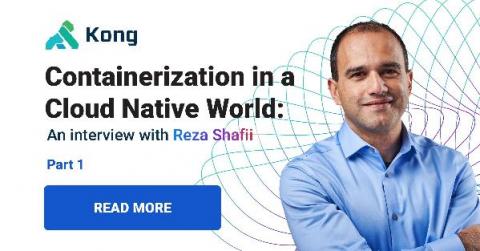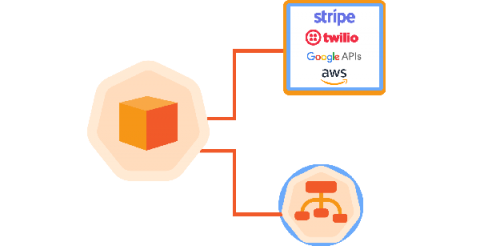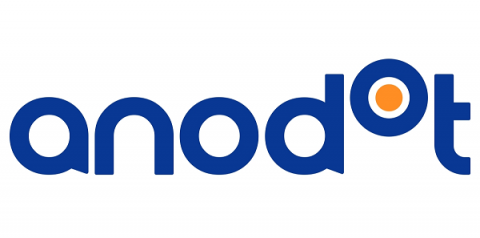"Gateway Mode" in Kuma and Kong Mesh
One of the most common questions I get asked is around the relationship between Kong Gateway and Kuma or Kong Mesh. The linking between these two sets of products is a huge part of the unique “magic” Kong brings to the connectivity space. In this blog post and the video below, we’re going to jump right into breaking down the relationship between these products and how you can use them together. First, let’s break down a couple of the terms that are involved.










